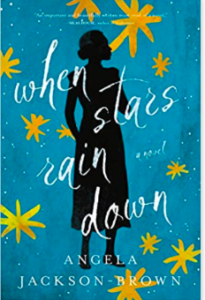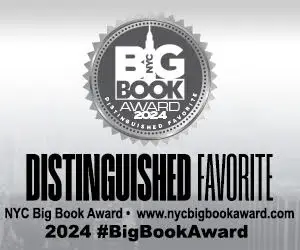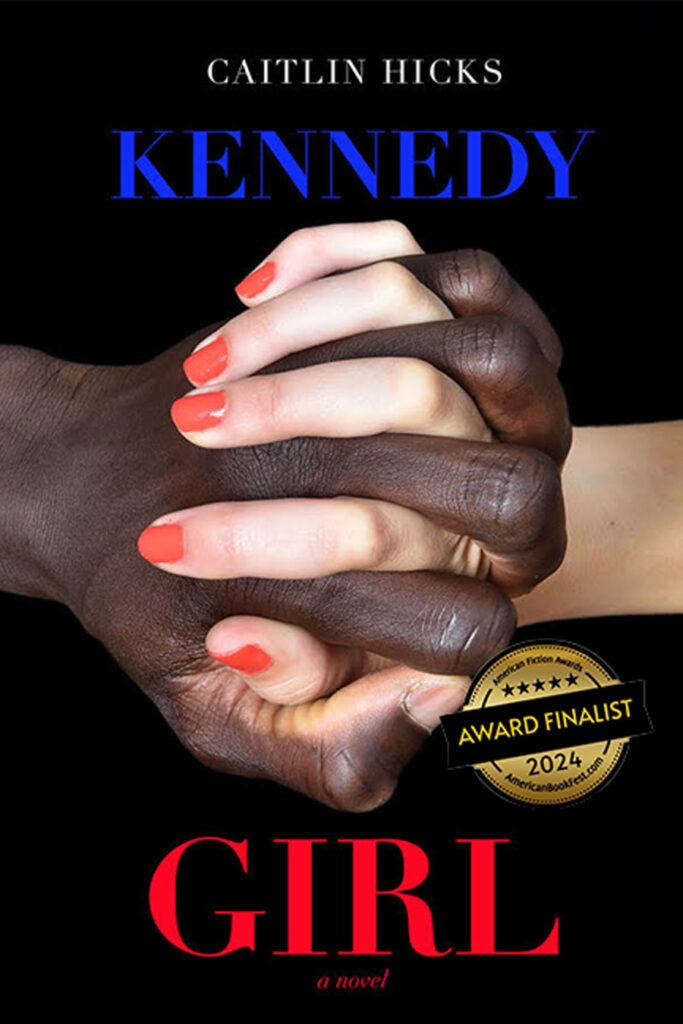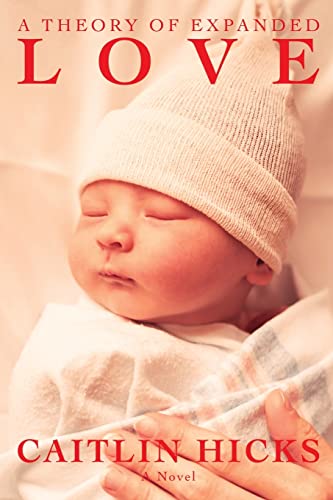When Stars Rain Down by Angela Jackson Brown
A young, black woman in Parsons, Georgia, raised by her grandmother and living somewhat contentedly in a community of God-fearing good folk comes of age in 1936, surrounded by a world built on slavery and racism.
Opal, the novel’s heroine, works with her Granny as a paid housekeeper, cook, and versatile servant for a white woman, “Miss Peggy” and her son, Jimmy Earl, who grew up alongside Opal and who are now best of friends. The story opens on the day of Jimmy Earl’s return from his first year of college. Looking forward to his return, Opal prepares an abundance of Jimmy Earl’s favorite dishes on a sweltering summer day. As the Black, second-class citizen in this equation, Opal must give up her trip to Atlanta to serve Miss Peggy’s request, but is happy to do so for her childhood friend, Jimmy Earl.
Like a frog sitting in lukewarm water that gradually gets hotter, Opal doesn’t fully grasp the restlessness of the turmoil bubbling around her. She’s humble, she’s beautiful and just becoming aware of her sexual attraction to the young men in her life. And they see her, too. Here, Opal is like a moth to a flame. As much as she wants to be unobserved and hardworking, she is noticed, not only by those who might love her, but also by those who have been abused themselves and who use their racism as justification for their restlessness and bullying. When the preacher announces he’s heard gossip that “the Klan will be riding the countryside tonight, . . . and they won’t stop riding until they have somebody strung up in a tree,” the reader already knows who will be under those white sheets and whose home they will visit.
Hearing of the upcoming raid, Opal’s uncles gather ’round in a panic to decide the best course of action. But first, everyone prays. Of course they do; the novel is published by Thomas Nelson, provider of Christian content; the story is told through the gaze of a young woman who relies on her idea of God and runs every plot twist, every bit of violence, every threat and thought through the lens of this belief.
Her male relatives respond predictably to the threat—wanting to lash out as men—with force and retaliation. It’s here the reader sees again the underlying reality of the Black experience; how slavery continues to emasculate them; any kind of retribution would only be an ultimate death sentence; police and sheriff who supposedly protect the community never do anything to stop the periodic raids. It’s just the way it is in ColoredTown, Georgia, 1936. Granny counsels restraint; and her advice is heeded: Stay by the hearth as if they are going on with their lives. This however produces the result of two women alone in their home while the white-sheeted half-brother of her childhood friend, a thug named Skeeter Ketchums, burns down her Granny’s beloved chicken house under the cover of darkness.
Opal’s conundrum is that she loves two men and must ultimately make an impossible decision. Cedric is a handsome young Black man with a big white smile and an aw-shucks innocence, with the promise of a glamorous future as a professional baseball player. Jimmy Earl is her white childhood friend, still at a white university with the world at his feet, who has noticed how Opal has turned into a beautiful woman. When Jimmy Earl steps in against his half-brother-as-Klansman and rescues Opal and her grandmother from further violence, Opal is bonded with him both physically and emotionally. Their embrace, a relief from the violence at the same time a fulfillment of a burning attraction, stirs Opal in ways she has not been touched before.
The story is told from the point of view of an innocent, sheltered young woman, who, through her ordinary dreams and desires, explains the reality of her status as a Black woman surrounded by the powers that be who are white. Even as a young, white journalist wants to write a story about the Klans’ activities in the hopes of “exposing” them, the reader understands the blind spots of the white privileged view with its consequences for real black lives. The story resonates in 2021: seventy plus years later, ongoing racism and injustice in the United States is frustrating proof of the reality of many Black lives that are deprived of “life, liberty and the pursuit of happiness” by systemic racism that continues to exist.
Like the prayers they often recite and songs whose lyrics visit the pages of this YA novel, When Stars Rain Down is easy to read and yet repetitious; the events of the novel, other than Opal’s thoughts and conversations, take place offstage, just out of reach of the reader’s view, are forgotten or summarized after the fact. By rehashing these scenes rather than being in the midst of them, Angela Jackson Brown misses opportunities to emotionally involve the reader with the characters and to engage the reader in the heart of the story.
–This review first published on New York Journal of Books



